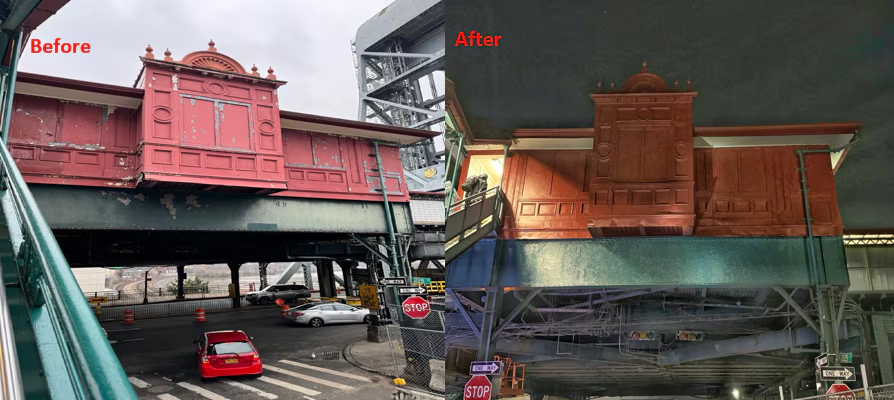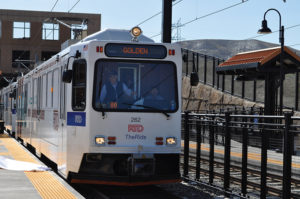Feds see ‘grim’ delays, overruns on Second Ave. Subway, East Side Access
Written by jroodFebruary 14, 2001 For months, the New York MTA and the Federal Transit Administration had been at odds over cost overruns of the MTA's two biggest projects: the long-planned Second Avenue Subway and East Side Access, which would bring the Long Island Rail Road to Grand Central, the New York Observer reports. The FTA, which is partially funding both, had argued the projects were running up to $1.6 billion over what the MTA was projecting, and the projects would be further delayed, both into 2018. The MTA begged to differ.
Now, it seems the two
agencies have reached an accord, as the MTA is officially acknowledging those
risks, posited by the FTA, of a set of overruns and delays-and it’s not
incredibly pretty.
By these estimates, the
Second Avenue Subway is now estimated to cost $4.98 billion, another $307
million beyond the numbers the MTA had been working off, with completion in
February 2018, up from December 2016. East Side Access is now at $8.1 billion,
up $328 million, with completion in April 2018, up from September 2016. (At the
same time, the MTA still says that it believes it can bring the projects in
below these numbers and on its schedule.)
In a letter sent last
month to the Senate Banking, Housing and Urban Affairs committee, FTA
administrator Peter Rogoff wrote that the estimates were "grim."
"We all recognize the
enormous mobility improvements these two mega-projects will bring to the
Nation’s largest metropolitan area. Clearly, however, the news regarding the
cost overruns and schedule delays is grim, … " he said.
MTA maintains that it can
deliver these projects sooner and at lower costs than FTA currently estimates. But
FTA believes it is prudent and appropriate to formally amend the FFGAs [Full
funding grant agreements] to reflect the results of FTA’s current risk
analyses."
Rogoff also placed blame
on rising construction costs, particularly in New York, but also on problems at
the MTA:
Key management positions
overseeing these projects remained vacant for months. There were lengthy delays
in awarding contracts due to changes in both design and procurement strategies.
All told, the situation
involving East Side Access and the Second Avenue Subway tells a story that
is all too frequent with giant public sector projects. The projects were
approved and sold to the public with one price tag, only to see the budget
prove far too insignificant (very rarely, if ever, do projects come in well
below their initial projections). And once a project has started-once the foot
is in the door-it becomes really difficult to pull the plug, even if the public
would never have signed onto the initial price tag.
In this case, the Second
Avenue Subway was initially supposed to be $4.1 billion, with completion slated
for June 2014; East Side Access was budgeted at $6.3 billion, to be finished in
December 2013.
With regard to these
projects, MTA spokesman Jeremy Soffin said the agency would work toward the
existing budget, which it views as attainable. "We have a budget and a
time line that we’re working toward and we plan to meet," he said.
"Both we and the FTA acknowledge that here’s risk inherent in these
projects.
(The MTA included the FTA
estimates in its capital plan released in April, though it mostly went
unnoticed. The capital plan says, "with the appropriate mitigations, the
projects can be delivered within the identified budget ranges.")
Just where to get the extra
money, should it be needed, is a big question for the cash-poor agency. Its
fund for capital projects, repairs and renovations effectively runs dry at the
end of 2011, and the agency is expecting to make a press to raise the billions
needed to fill the gap.
"Obviously we’re
concerned about these cost overruns and delays and we would certainly want to
hear and get an accounting from the MTA," said Robert Gottheim, a
spokesman for Representative Jerry Nadler, the Manhattan Democrat. "This
is significant money that both projects are now going to cost, and
significantly behind schedule."





